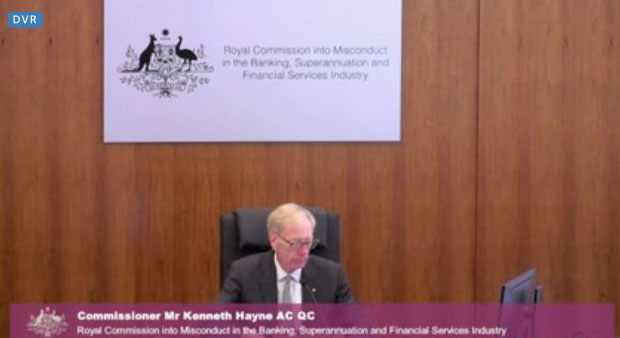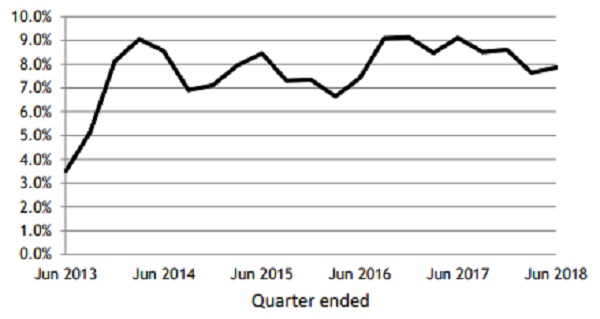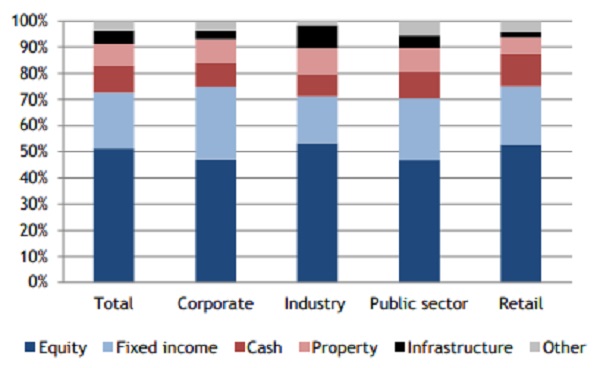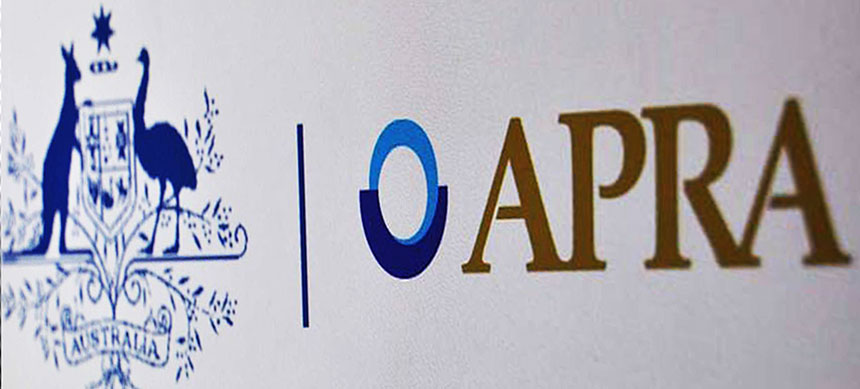CBA’s life insurance business CommInsure has admitted to not following recommendations from the corporate regulator to update its medical definition of a heart attack so it could deny the payout of a trauma claim to one of its customers, via InvestorDaily.
On Wednesday, the royal commission heard that ASIC had sent a letter to CommInsure flagging its concerns that its reliance on outdated medical definitions in assessing claims – while not in breach of the duty of utmost good faith in Section 13 of the Insurance Contracts Act – fell significantly short of consumer expectations.
The counsel assisting Rowena Orr cited a letter from 22 March 2017 from the ASIC deputy chair at the time, Peter Kell, who noted that in, 2012, the European Society of Cardiology, the American College of Cardiology, the American Heart Association and the World Health Federation published an expert consensus document about the definition of heart attacks.
Sitting in the witness box, CommInsure managing director Helen Troup was questioned by Ms Orr on whether she was aware that this had been reached at the time.“Yes,” Ms Troup said.
“And that report endorsed the use of troponin as a means of detecting heart attacks?” Ms Orr continued.
“Yes,” Ms Troup responded.
“And the report said that laboratories should use a cut-off value of the 99th percentile of a normal reference population to determine whether there had been a heart attack?” Ms Orr said.
Ms Troup replied in the affirmative.
Ms Orr then noted Mr Kell’s comments in the letter that CommInsure’s decision to select the 11 May 2014 as the effective date of the change had no robust rationale, given the joint report was published in 2012.
She then noted the letter said CommInsure’s conduct was unreasonably slow in responding to the changes in medical practice, that it was on notice that the standard was to be updated and had not done that even three years after the joint report was published, and that seven other insurers had updated their definition by 11 May 2014.
“While this is not contrary to the law, it is ASIC’s view that this has unfairly impacted on some consumers and better practice would be to select an earlier date,” Ms Orr said.









